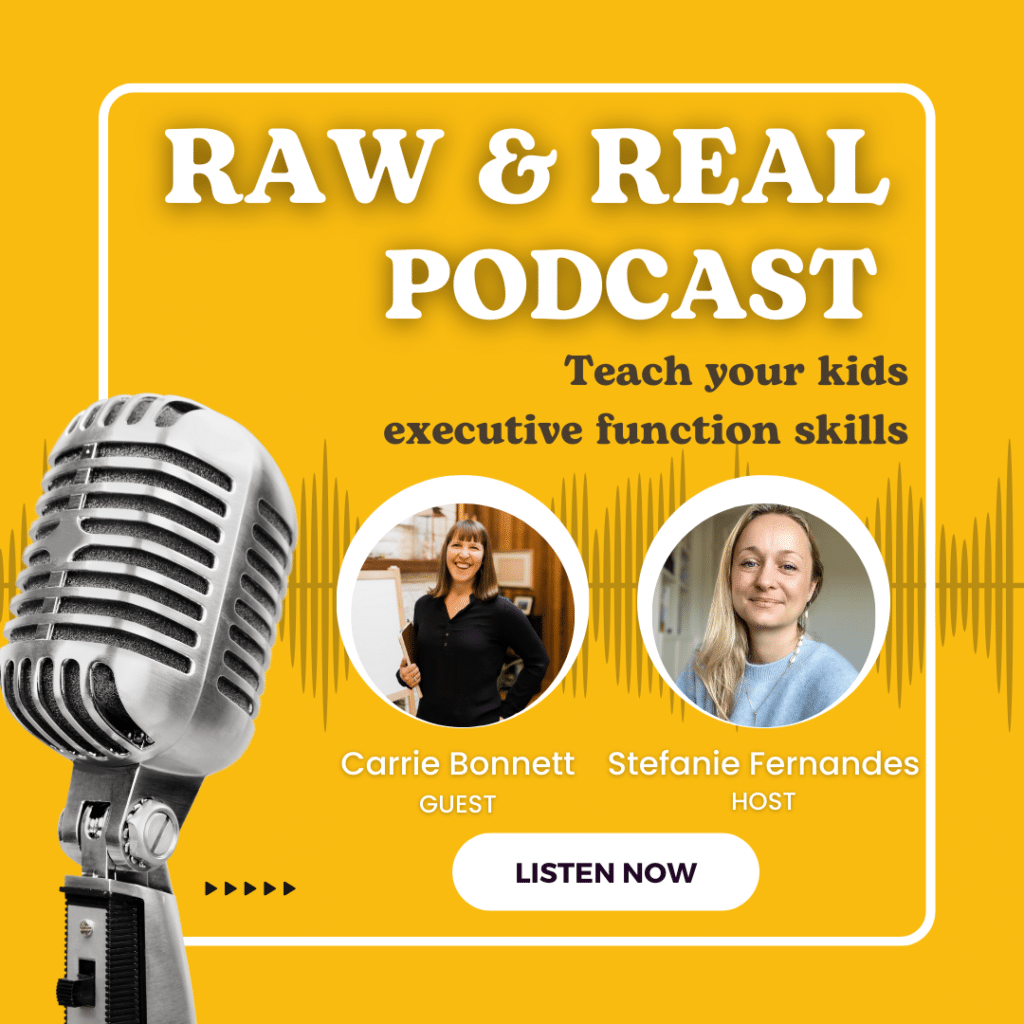Teach your kids executive function skills
22 May 2024
In today’s fast-paced world, the ability to manage time, stay organized, and make thoughtful decisions is more critical than ever. These abilities are part of what psychologists call “executive function” skills. Whether you’re a student, a professional, or a parent, understanding and enhancing these skills can significantly impact your success and well-being.
What Are Executive Function Skills?
Executive function skills are a set of cognitive processes that enable individuals to plan, focus attention, remember instructions, and manage multiple tasks. These skills are essential for goal-directed behavior and problem-solving. They can be broadly categorized into three main areas:
- Working Memory: The ability to hold and manipulate information over short periods.
- Cognitive Flexibility: The capacity to shift thinking and adapt to new situations.
- Inhibitory Control: The ability to control impulses and resist distractions.
Why Are Executive Function Skills Important?
Strong executive function skills are vital for academic achievement, career success, and overall life satisfaction. They help individuals:
- Stay Organized: Keeping track of tasks and managing time effectively.
- Make Decisions: Weighing options and choosing the best course of action.
- Solve Problems: Approaching challenges with creativity and resilience.
- Regulate Emotions: Managing stress and maintaining focus under pressure.
How to Enhance Executive Function Skills
Improving executive function skills is a lifelong process (I am still learning!) and there are practical strategies you can implement to see significant benefits:
1. Practice Mindfulness
Mindfulness techniques, such as meditation and deep-breathing exercises, can enhance focus and emotional regulation. Regular practice can help improve attention span and reduce stress.
2. Develop a Routine
Establishing a daily routine helps build consistency and predictability, which can improve time management and organizational skills. Break tasks into smaller, manageable steps and set specific goals for each day.
3. Stay Physically Active
Regular physical exercise has been shown to boost cognitive function and mental clarity. Activities like yoga, running, or even daily walks can enhance your executive functioning by improving your overall brain health.
4. Use Tools and Apps
There are numerous tools and apps designed to aid in organization and task management. Calendars, to-do lists, and reminder apps can help keep track of responsibilities and deadlines.
5. Engage in Brain-Training Activities
Puzzles, memory games, and problem-solving tasks can strengthen working memory and cognitive flexibility. Consider incorporating these activities into your daily routine to keep your mind sharp.
Executive function skills are the backbone of effective learning, working, and living. By understanding and actively working to enhance these skills, you can improve your productivity, decision-making, and emotional well-being. Remember, it’s never too late to start developing these essential skills and unlocking your full potential.
Your next steps
Start today by identifying one area of your executive function skills you’d like to improve. Whether it’s through mindfulness practice, establishing a routine, or engaging in brain-training activities, take the first step towards enhancing your cognitive abilities and achieving your goals.
Get ready for an engaging chat with Carrie Bonnett, a seasoned educator with 20 years of experience in both public and private schools across the U.S.
From middle school classrooms to mentoring early-career teachers at the University of Portland, Carrie’s journey is packed with stories and strategies. Tune in to hear her unique take on teaching diverse youth, cultivating executive functions, and her compassionate, creative, and patient approach to education.
If you ever wondered what executive function skills are and how you can help your child to develop them, this podcast is your backstage pass to Carrie’s wealth of wisdom and practical tips!
Download Carrie’s free resource: Brain Boost: my simple blueprint to help school-age children GET THINGS DONE (without constant reminders).
and follow her on the Gram for more tips on developing executive function skills.




